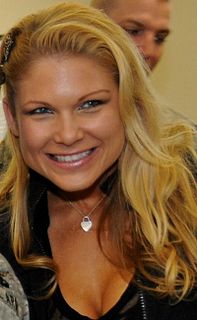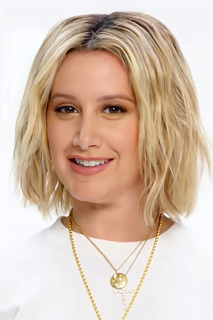A Quote by Guillermo Cabrera Infante
I wrote for a weekly magazine and then edited a literary magazine, but I did not really feel comfortable with the profession of journalism itself.
Quote Topics
Related Quotes
I was well acquainted with the Calcutta literary circle since I was 17, when I lived in Bangladesh and published and edited a little magazine called 'Sejuti,' for which young poets from both Bengals wrote. If you look at my life, there is no question of using anyone for anything. I have only got banned, blacklisted and banished.
As late as the summer of 1941, the Atlantic Monthly, then a still respected magazine for literates and edited by White men, published a long article by Albert Jay Nock, in which he proved that the Jews are an Oriental race that is incompatible with ours. He was not punished and the magazine was not destroyed, strange and almost incredible as that seems today.
You look at, like, a 'People' magazine, which used to be a really good, you know, nice magazine you could go to for real stories. It wasn't like a 'Star' or an 'US Weekly' and they have somebody with plastic surgery on the cover, Heidi Montag. And it's obviously what consumers want, because why else would they be doing it?
I set up this magazine called Student when I was 16, and I didn't do it to make money - I did it because I wanted to edit a magazine. There wasn't a national magazine run by students, for students. I didn't like the way I was being taught at school. I didn't like what was going on in the world, and I wanted to put it right.
I was co-editor of the magazine called The Jazz Review, which was a pioneering magazine because it was the only magazine, then or now, in which all the articles were written by musicians, by jazz men. They had been laboring for years under the stereotype that they weren't very articulate except when they picked up their horn.





































